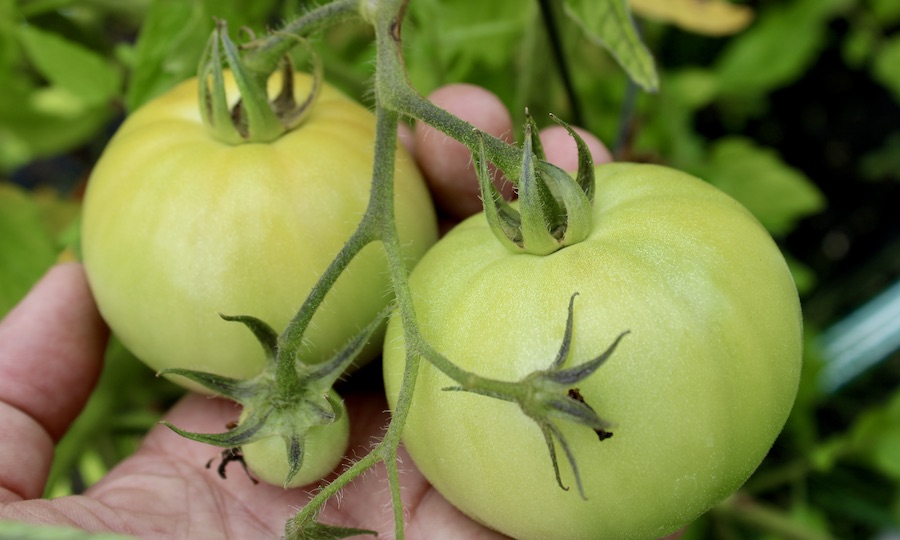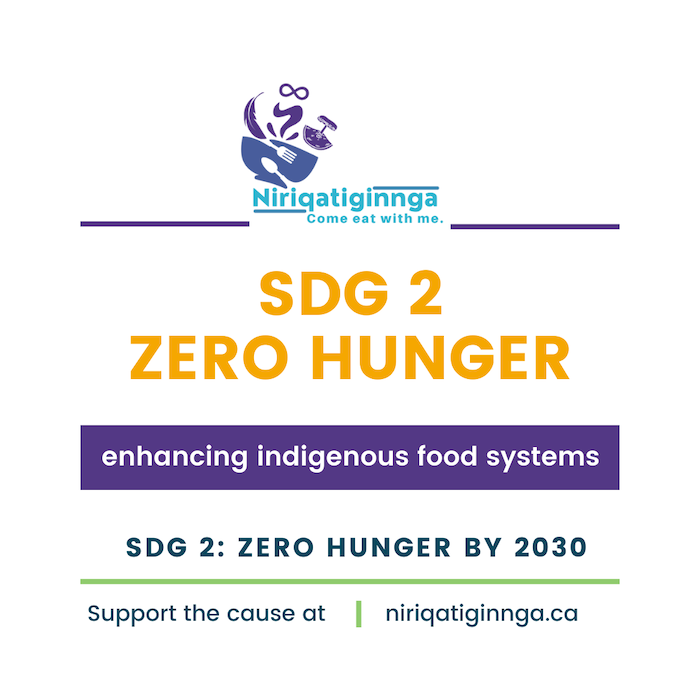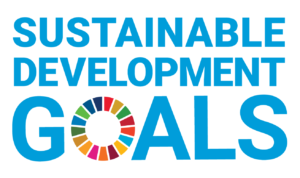Food security means consistent access to healthy food, while food insecurity results from factors like poverty and high food prices, disproportionately affecting Indigenous Peoples, racialized groups, individuals with disabilities, children, lone-parent families, and those with low incomes.
A 2021 report from the Standing Committee on Indigenous and Northern Affairs explores the critical issue of food security in northern and isolated communities, with a specific focus on the Nutrition North Canada (NNC) program. Working with the Winnipeg-based Niriqatiginnga program, youth, emerging and established artists will be exploring the use of arts and creative entrepreneurship to address food insecurity.
Socio-economic Disparities: Another pressing issue highlighted in the report was the existence of significant socio-economic disparities in northern regions, especially between Indigenous and non-Indigenous populations. Witnesses argued that the NNC program’s “need-blind” approach, where households with varying income levels receive the same subsidy, may not effectively address these disparities. Recommendations were made to evaluate the program’s impact on different income groups and to ensure that those who are food-insecure receive adequate support.
These socio-economic disparities and inadequate resources exacerbate the challenges faced by Indigenous communities in accessing justice, defending their rights, and participating meaningfully in decision-making processes. These disparities contribute to the marginalization and socio-economic exclusion of Indigenous peoples, hindering their ability to exercise their rights to education, health, and economic well-being, as articulated in various Sustainable Development Goals (SDGs), including SDG 10: Reduced Inequalities and SDG 4: Quality Education.
Exacerbated information asymmetry is another significant issue that affects Indigenous communities, impacting their ability to make informed decisions and advocate for their rights effectively. This issue is addressed in UNDRIP Article 19, which emphasizes the right of Indigenous peoples to be consulted and participate in decision-making processes that affect their rights, lands, and resources. However, the lack of access to relevant information and the imbalance of power often prevent Indigenous peoples from fully exercising this right, perpetuating inequalities and injustices.
Community-Based Solutions and Food Sovereignty: The report emphasized the importance of community-driven solutions to address food security. Witnesses pointed to successful local initiatives such as mentorship programs for young hunters, community freezers for sharing traditional food, community-owned stores, gardens, greenhouses, school food programs, and on-the-land programs. These initiatives, they argued, should be supported and expanded to empower communities to take control of their food systems.
Need for Economic Development and Income Support: [Job Creation] The report acknowledges that food insecurity in northern Canada is deeply intertwined with poverty. Witnesses stressed that addressing the issue requires not only efforts to lower food prices but also initiatives to increase income levels among food-insecure households. Recommendations were made to explore economic development opportunities and income supplements, with a focus on indexing these measures to the cost of living and inflation in the North.
A need for Long-Term approaches: The report underscored the need for long-term, sustainable solutions to food security in northern communities. It emphasized that communities in the North cannot continue to address food insecurity through crisis management; instead, they need comprehensive and ongoing support. The government is encouraged to work closely with Indigenous Peoples and Northerners to develop and implement these long-term solutions.
The report’s third recommendation called for Social Programming Components: To address the broader socio-economic issues contributing to food insecurity, the committee recommended social programming components be integrated into the NNC program. This could include initiatives aimed at poverty reduction, income support, and other early career skills development, mentorship and training.The report’s fifth recommendation raised the importance of recognizing and enabling food sovereignty as a fundamental prerequisite for achieving food security. It suggested that new mechanisms and governance models should be developed through co-development with Indigenous Peoples and Northerners. Aligned with that recommendation, approaches piloted on this proposed program will work to ensure policies and programs are co-designed in a way that respects the unique needs, values, and aspirations of participating communities and organizations.





